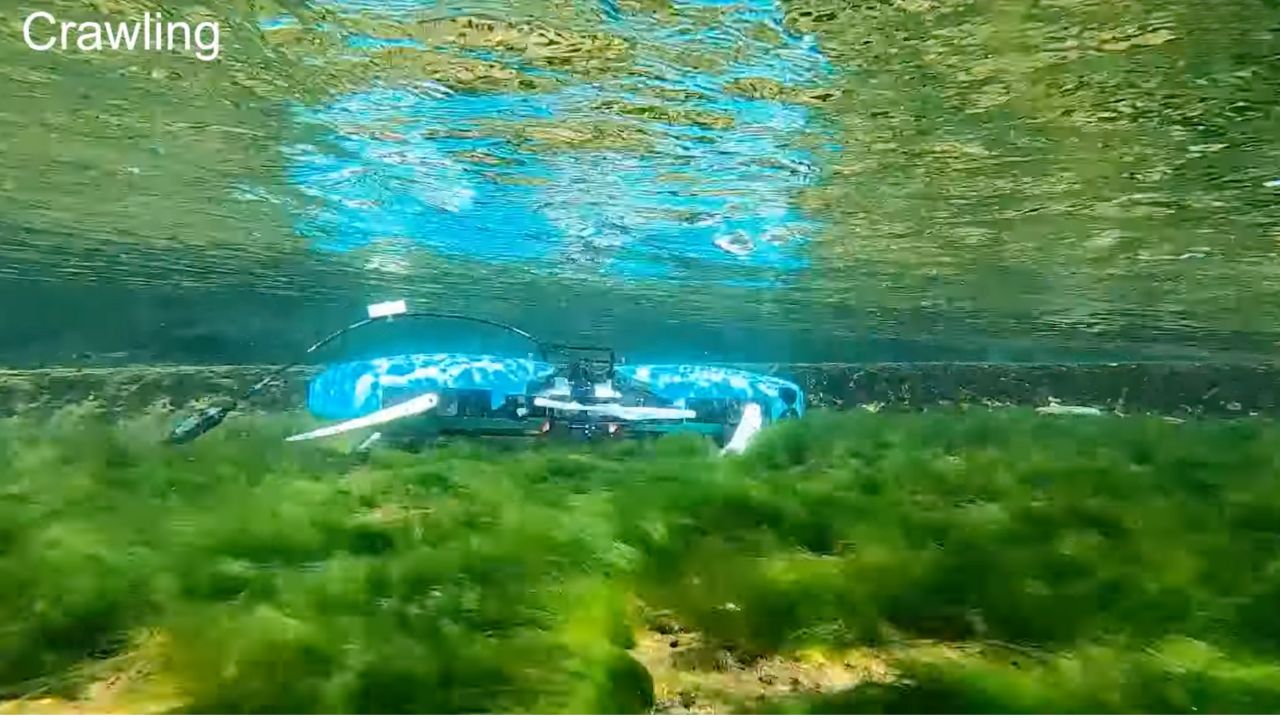The UK government has returned the ship’s bell from the USS Jacob Jones, the first American destroyer lost to enemy attack during World War I, sunk in by German U-boat in December 1917.
Full article at: Marine Insight 23may24
The UK government has returned the ship’s bell from the USS Jacob Jones, the first American destroyer lost to enemy attack during World War I, sunk in by German U-boat in December 1917.
Full article at: Marine Insight 23may24
An expedition in February by Ocean Census (a nonprofit dedicated to the global discovery of ocean life), the National Institute of Water and Atmospheric Research in New Zealand, and the Museum of New Zealand Te Papa Tongarewa has discovered dozens of new species of mollusks, three fish, a shrimp and a cephalopod in Bounty Trough off the coast of the South Island of New Zealand.
“It’s probably the equivalent of a space mission,” [Dr. Alex Rogers, expedition leader,] said. “We’re still in early days, but the number of species that we found in the Bounty Trough really indicates to us that we’ve got a long way to go in terms of understanding where life is found in the ocean.”
Full article at: NYTimes Science 10mar24
ROV technicians / pilots will have at least one story about an ROV issue in the field for one reason or another: i.e. tether entanglement, power failure, loss of control, thruster failure… We certainly have had some close calls where our ROV technician has ended up in the water to retrieve their vehicle.
While some of us keep these stories to ourselves, we came across an article recently where an expedition’s primary ROV got entangled in nylon survey line and the back-up ROV sent to retrieve the primary vehicle also got stuck.
We are waiting breathlessly to hear how this story ends.
Full article at: Cassville-Democrat 08may24
Engineers at South Korea’s Pohang University of Science and Technology are developing a new ROV that doesn’t use propellers, rather is based on a salamander with fins and “flexible backbone” for locomotion. Named HERO-BLUE, this vehicle can crawl, walk, swim and wriggle through shallow-water areas not accessible by ROVs.

Full article at: CyberGuy.com 29apr24
NOAA just announced that the world is currently experiencing a global coral bleaching event – the fourth global event on record and the second in the last 10 years!
“As the world’s oceans continue to warm, coral bleaching is becoming more frequent and severe,” [Derek Manzello, Ph.D. and NOAA CRW coordinator] said. “When these events are sufficiently severe or prolonged, they can cause coral mortality, which hurts the people who depend on the coral reefs for their livelihoods.”
National Oceanic and Atmospheric Administration, News & Features
Full article at: NOAA 15apr24